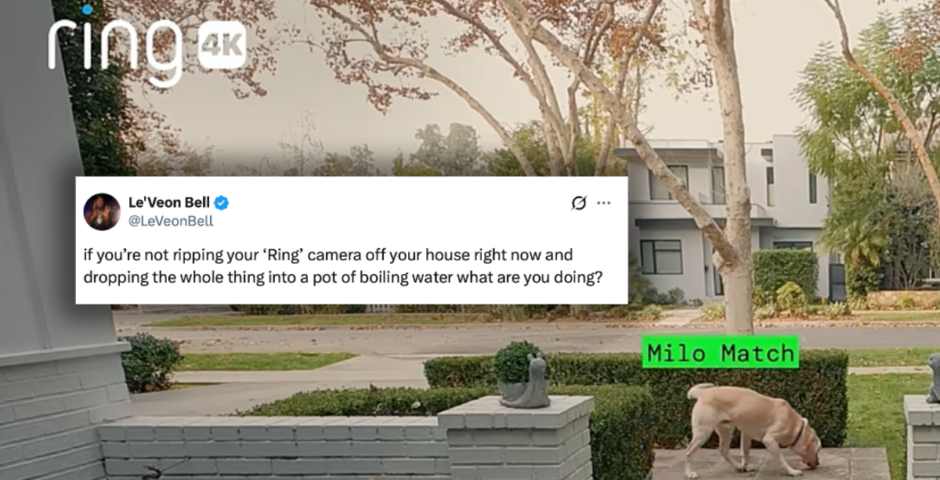
Cardiff Uni research reveals two-thirds of spiking victims don’t speak up about experience
‘We are delighted to partner with Cardiff University to understand the complexity of these invisible crimes’
Research by Cardiff University has revealed that two-thirds of spiking victims don’t speak up about their experience.
Professor Simon Moore, director of the Violence Research Group, helped lead the research at the university’s Security Crime and Intelligence Innovation Institute.
This was in collaboration with Stamp Out Spiking, the UK’s leading charity dedicated to ending spiking.
The survey was conducted alongside the CEO of Stamp Out Spiking, Dawn Dines, who said: “We are delighted to partner with Cardiff University to understand the complexity of these invisible crimes.”
They hope their survey results will instigate real change, whether that be an increase in reporting of incidents, or by educating people to prevent further spiking cases, the University of Cardiff reports.
The survey questioned over 1,534 people between 1st March 2023 and 18th June 2024, and included 619 victims and 138 witnesses.
What is spiking?

via Canva
Spiking is a crime where another person/people administer, or cause someone to take, a substance that is poisonous or damaging in some way. This is done in an attempt to endanger their life, cause them bodily harm, or upset and annoy them.
Spiking can occur through drinks, food, injections and vapes.
Although it’s a crime that mostly impacts young people, anyone can get spiked anywhere, and around 10 per cent of women and five per cent of men report being a victim.
Most Read
Measures have been put in place to prevent incidents of spiking at a number of bars and clubs nationwide. At Cardiff University’s Students’ Union, for example, the bar has introduced drink stoppers. These are devices that act as a physical barrier on the top of a drink, preventing substances from being slipped in without the person’s knowledge.
Professor Simon Moore said: “Spiking is a crime that predominantly targets young people, anyone could become a victim of it – it can be carried out by people you know and strangers.
“With the various forms of spiking and the motivations behind spiking, we must get an in-depth understanding of who is being impacted by spiking and how people are being spiked.
“This will allow us to work with law enforcement, government, policy-makers and business-owners to prevent it from happening.”
A Cardiff University student told The Cardiff Tab her spiking experience had long-lasting effects on her liver function. This led to her missing out on important experiences in young adulthood and negatively impacted her social life when she arrived at university.
Most victims don’t appear to report spiking
The report showed that 74 per cent of victims surveyed did not report the incident to the police, and out of those who did, only 29 per cent of reports were followed up promptly.
Research also revealed that 46 per cent of those affected were unsure as to why the spiking happened, 39 per cent believe it was for sexual assault, seven per cent believe it was for a prank, and four per cent for robbery.
Dawn, founder and CEO of the charity, directed victims who don’t want to go to the police towards Stamp Out Spiking or Victim Support, where people can make anonymous reports.
She continued: “Our report showed that only 26 per cent of victims of spiking reported the incident to the police.
“Whilst the majority of victims don’t report the incident to the police, we found an increase and we are pleased to see an uptake on victims reporting these crimes to the police.
Dawn also reassured readers that licensed premises like bars and nightclubs “still the safest place for people to go out and enjoy themselves”.
Over 90 per cent of reported incidents happen in venues such as these, and training is taking place in the hospitality and security industry to equip staff with safeguarding knowledge and prevention techniques.
How can you recognise spiking?

via Canva
It can be difficult to distinguish between spiking and excessive alcohol/drug consumption if there is no obvious sighting of the spiking taking place.
However, signs to watch out for can include:
- Confusion and disorientation
- Nausea and vomiting
- Hallucinations and paranoia
- Poor coordination and vision
- Inability to communicate clearly
- Memory loss and blackouts
This list is not exhaustive, but if a friend or someone you know is acting differently, in a way that feels disproportionate to the substances they’ve ingested, it’s important to consider the possibility of spiking.
If you are with someone who you think has been spiked, immediately alert a person you trust, such as staff or security at the premises. Don’t leave the victim alone and seek medical aid or call emergency services.
Once brought to medical attention, it is important to report the incident to the police. The victim or witnesses can do this.
For more of the latest news, guides, gossip, and memes, follow The Cardiff Tab on Instagram, TikTok, and Facebook.
Featured image via Canva



















